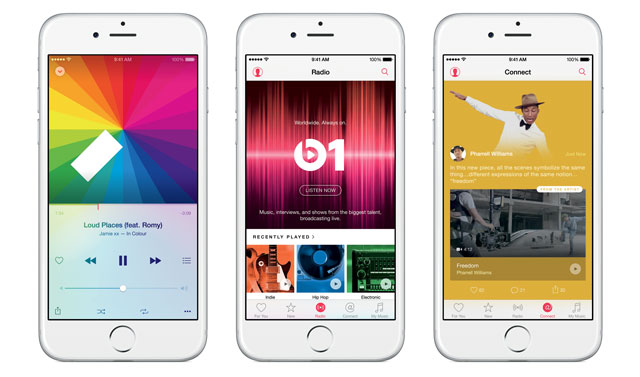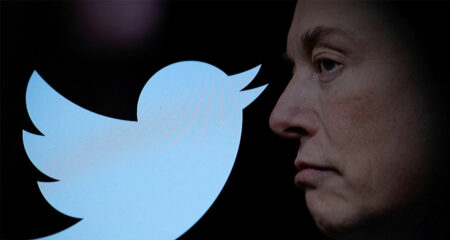
The different factions of the music industry — artists, labels, agents and publishers — rarely agree on anything. But on one thing they are united: streaming services are the future.
Apple Music, Spotify and their rivals allow users to listen to everything from Kanye West to Mozart at a click of a button — all for free, if they agree to advertising breaks, or for a small monthly subscription.
So a Wall Street Journal report on Thursday that Apple had held early talks to buy Tidal — the high-end streaming service started by rapper Jay Z — will send shivers through the industry.
If the deal happens, it would allow Apple to juice its year-old music-streaming service with exclusive releases from stars like Beyonce and Rihanna. It would cement its place as the second-biggest player after Spotify, and help grow subscription revenue just as hardware sales are slowing.
More importantly for the labels, it’s likely to trigger the long-expected consolidation of the smaller streaming services that have struggled to make the economics of the business work, leaving Spotify and Apple as the dominant forces.
Such a shakeout would hurt companies like Vivendi’s Universal Music Group, Sony and Warner Music by reducing the number of customers to whom they can license their content. They need streaming to grow as demand for downloaded tracks dwindles. And two dominant customers will have greater negotiating power over the labels.
It’s easy to make fun of Tidal — it started out charging $19,99, or more than twice its rivals — before introducing a cheaper service at $9,99. It’s burned through three CEOs since its “blingy” launch event 15 months ago. But it has shown the value of big-bang exclusives, and it offers high-resolution audio for music purists, too.
Nevertheless, a purchase by Apple shouldn’t be taken as a sign that Tidal or rivals such as Germany’s Soundcloud and France’s Deezer are in rude health.
The licensing fees streamers have to pay are high — and not enough people are moving from the free to paid services. Spotify pays out some 70% of revenue in licensing fees to labels and Deezer pulled an initial public offering last year precisely because those fees spooked investors.
Apple isn’t going to be the buyer of last resort for all the also-rans. Facebook and Twitter (which recently invested $70m in Soundcloud) could prove saviours to some, but others risk being left to wither.
The music labels have a second reason to be wary of Apple’s ambitions. Lately the tech giant has been acting a lot like a content company and creeping into the labels’ turf. Stars like Drake and the Weeknd have recently had music videos financed by Apple, and it also paid for Taylor Swift’s tour movie. Traditionally, the labels would have led such projects, but they can no longer afford to make big-budget videos for top stars.
And Apple isn’t just betting on established stars. It recently introduced the public to a little-known artist called Chance the Rapper, who surfed the streaming publicity blitz to hit the US Billboard charts without ever releasing an album.
Even though it would never admit it, Apple’s frenzy of activity in this area could yet make it the great record label of the modern age. — (c) 2016 Bloomberg LP
- An earlier version omitted Tidal’s lower-priced service and mischaracterised the size of its catalogue




